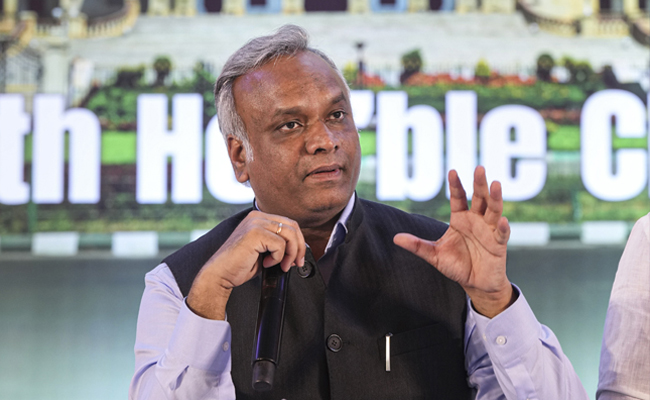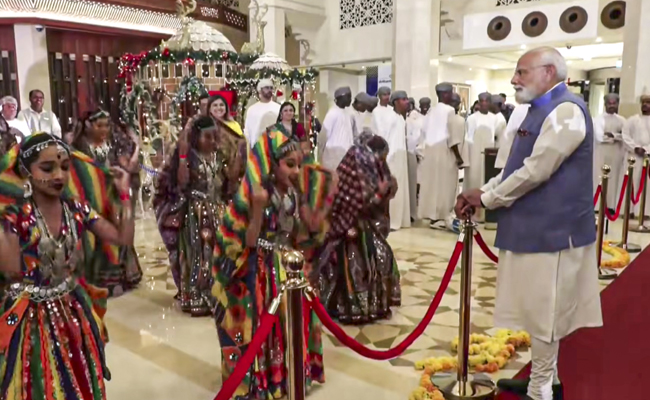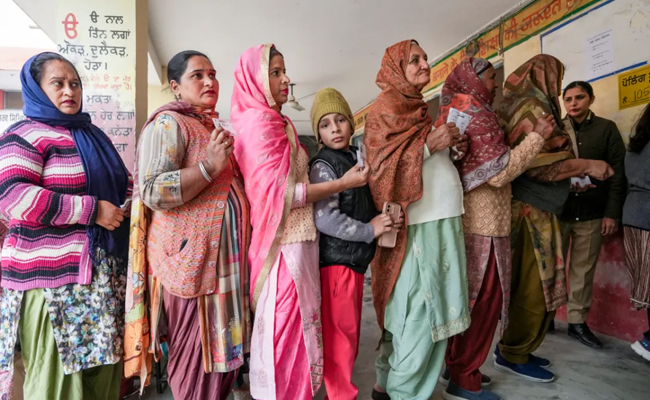Kolhapur (PTI): For 65-year-old Pandurang Ulpe, a speed breaker proved to be a life-saver after an ambulance carrying his “body” from the hospital crossed it and his family noticed his fingers moving.
Earlier in the day on December 16, Ulpe, a resident of Kasaba-Bawada in western Maharashtra’s Kolhapur district, suffered a heart attack and was rushed to a private hospital, where doctors declared him dead.
An ambulance then began the journey with his “body” from the hospital to his home, where neighbours and relatives had gathered upon hearing the news of his demise, and were preparing for his last rites.
“When we were bringing his “body” home from the hospital, the ambulance passed over a speed breaker and we noticed that there was a movement in his fingers,” his wife said.
He was then taken back to another hospital, where he remained for a fortnight, and underwent an angioplasty during the period, a family member said.
Ulpe walked home from the hospital on Monday, a fortnight after the ambulance passed over the speed breaker, taking him back to life instead of the crematorium.
Narrating the sequence of the events of December 16, Ulpe, a warkari (devotee of Lord Vitthal) said, “I had come home from a walk and was sitting after sipping tea. I felt dizzy and breathless. I went to the bathroom and vomited. I don’t remember what happened afterwards, including who took me to the hospital.”
There has been no comment so far from the hospital which had declared him dead.
Let the Truth be known. If you read VB and like VB, please be a VB Supporter and Help us deliver the Truth to one and all.
Belagavi (Karnataka) (PTI): Karnataka Minister Priyank Kharge on Wednesday said the state government is working to appoint an agency to manage clean drinking water units in rural areas.
The state Rural Development and Panchayat Raj minister was responding to a question by Hirekerur MLA U B Banakar in the legislative assembly.
"In the rural areas of the state, many clean drinking water units have been set up under corporate social responsibility (CSR) grants, including contributions by MLAs and MPs, and handed over to gram panchayats. After the maintenance period, problems have arisen in keeping these units operational," Priyank said.
He added that a proposal has been made to award a maintenance contract to one of the country’s reputed drinking water unit manufacturing companies, but so far, no companies have come forward to take up the work.
ALSO READ: Woman threatens to end life as police official refuses to accept love proposal, FIR registered
"The government is continuing its efforts and will resolve this problem soon," he said.
On a query regarding fluoride content in water, the minister said water quality testing is being conducted monthly in all zilla panchayats.
"Laboratories have been opened for this purpose. Around 6.5 lakh water samples have been tested across the state, and water testing kits have been provided to villages," he added.





